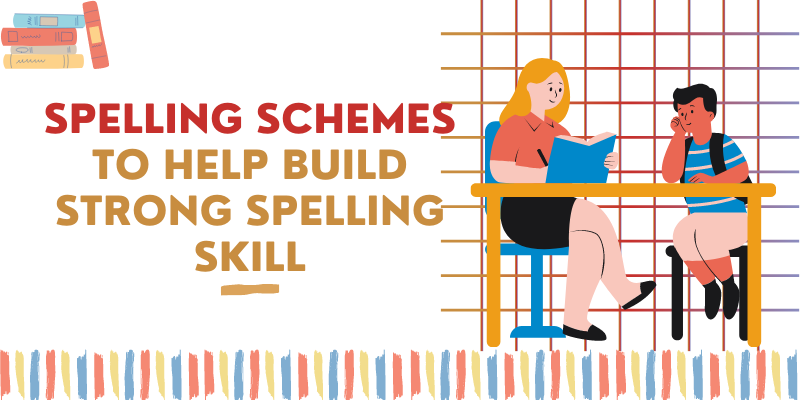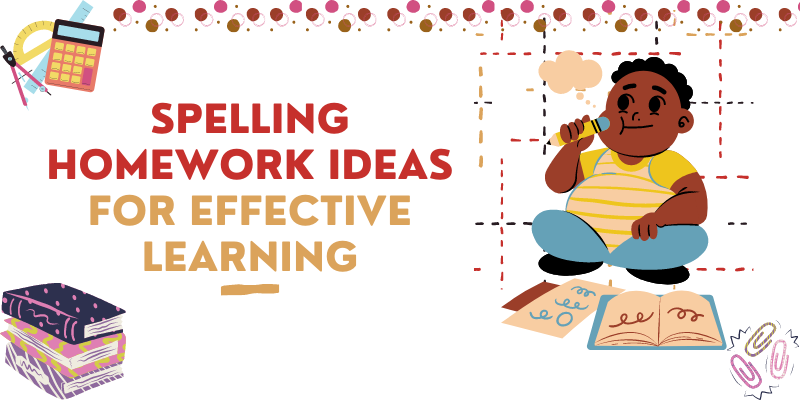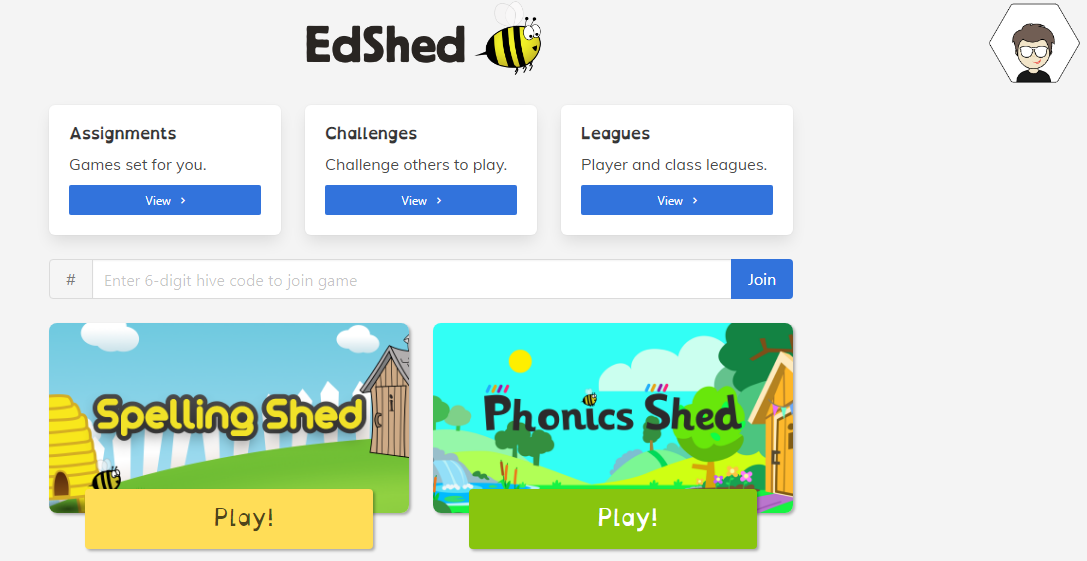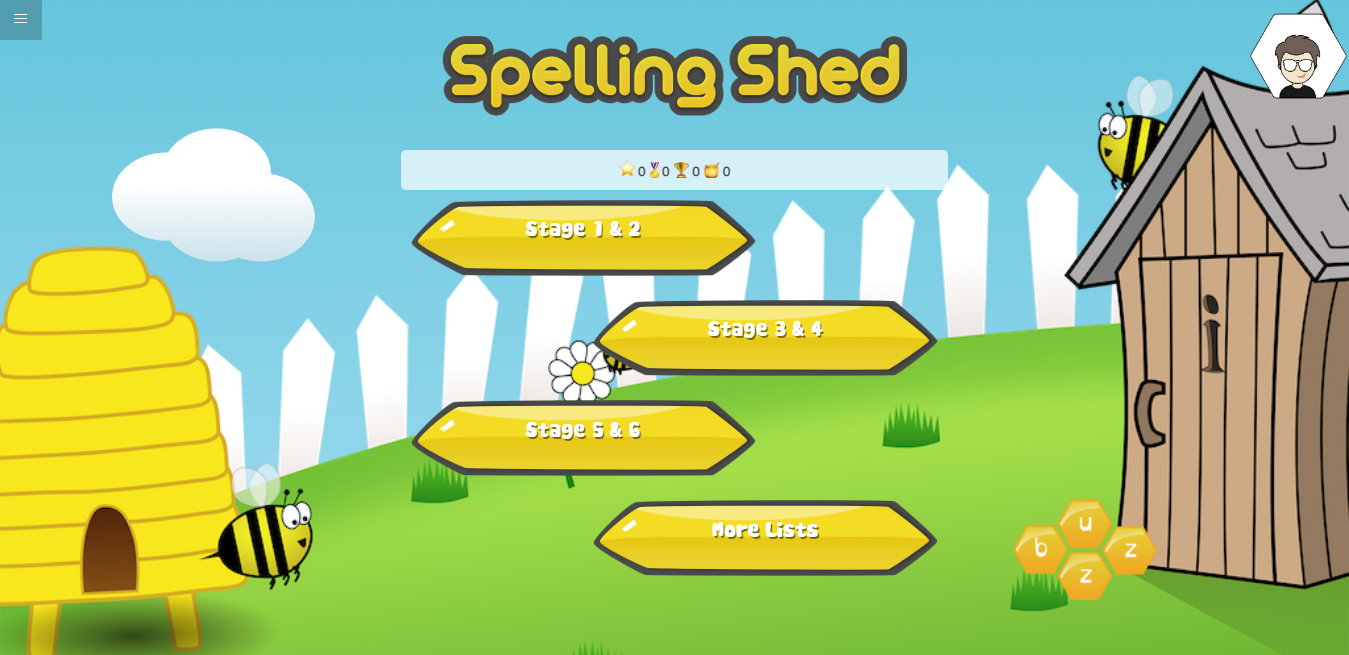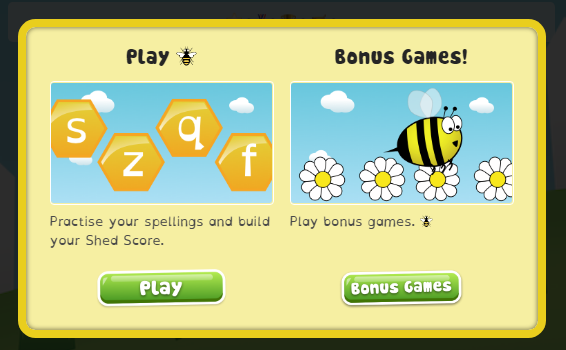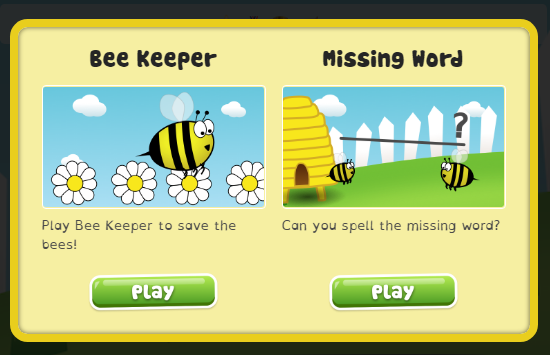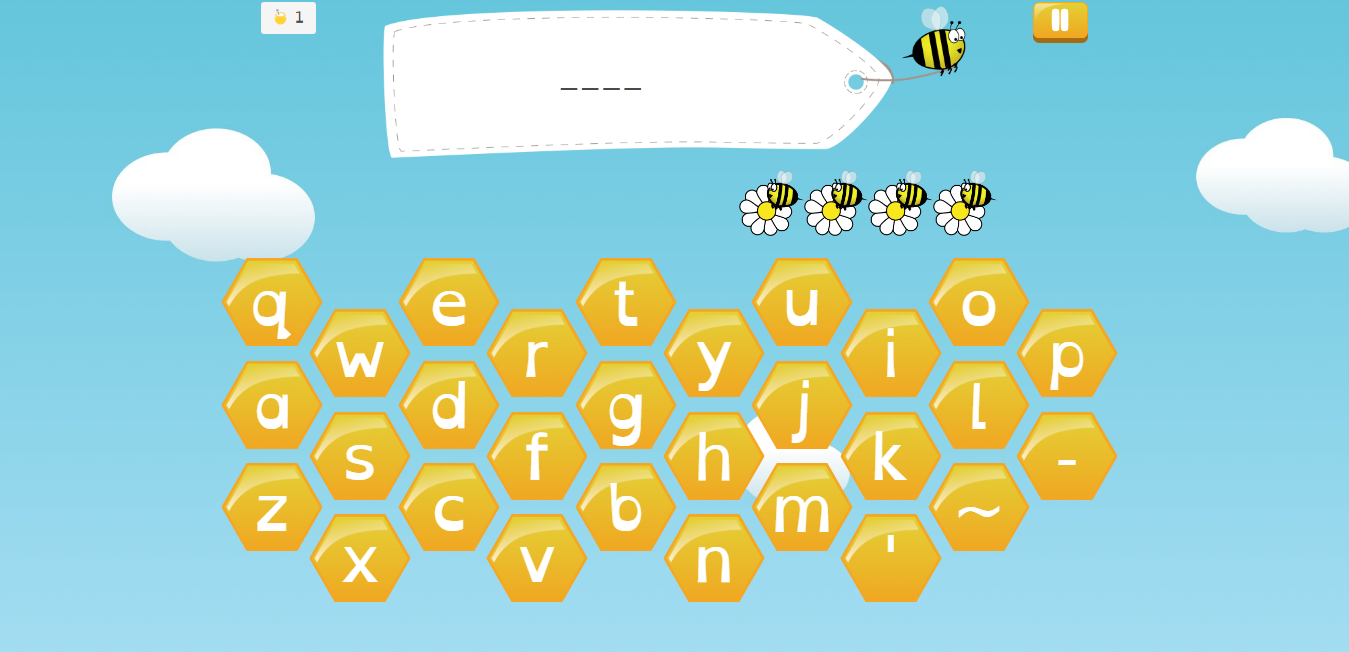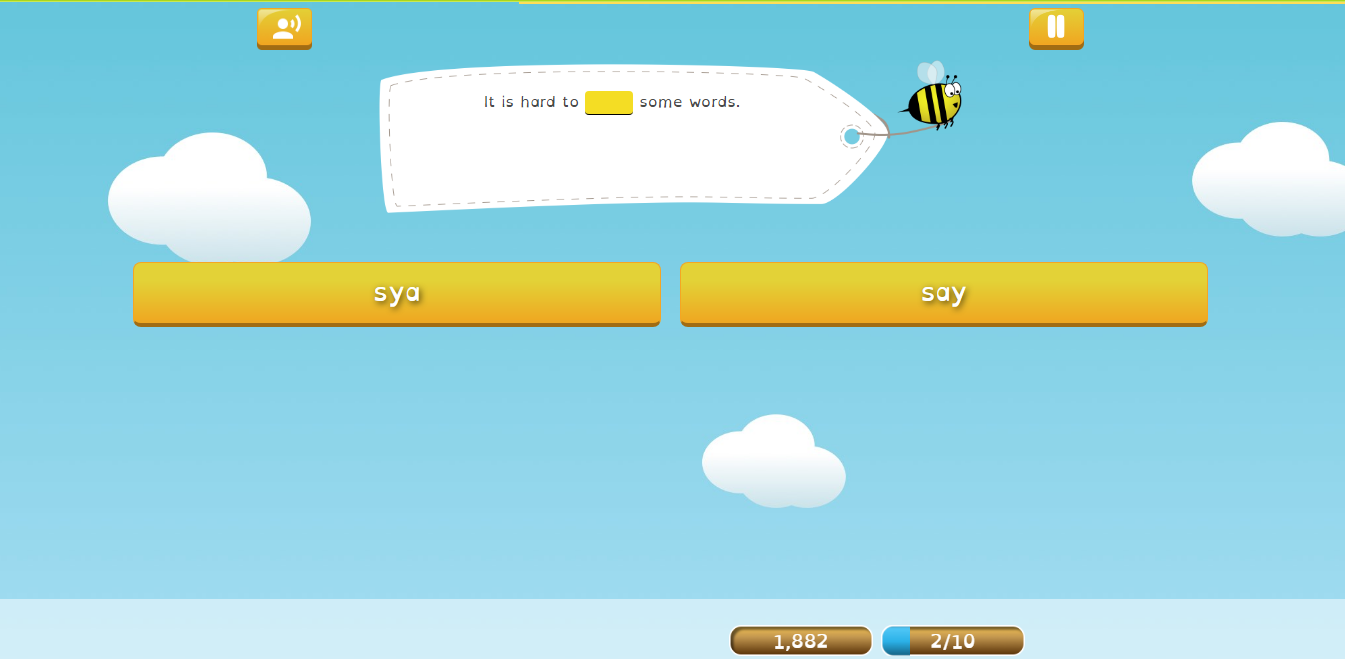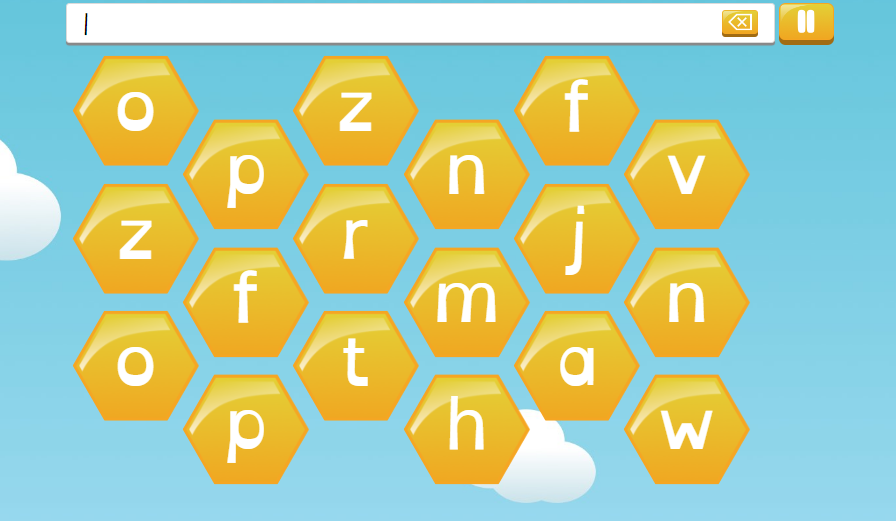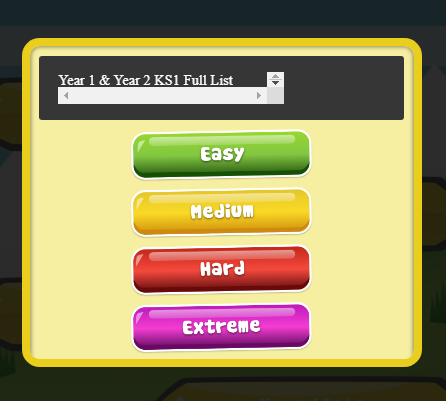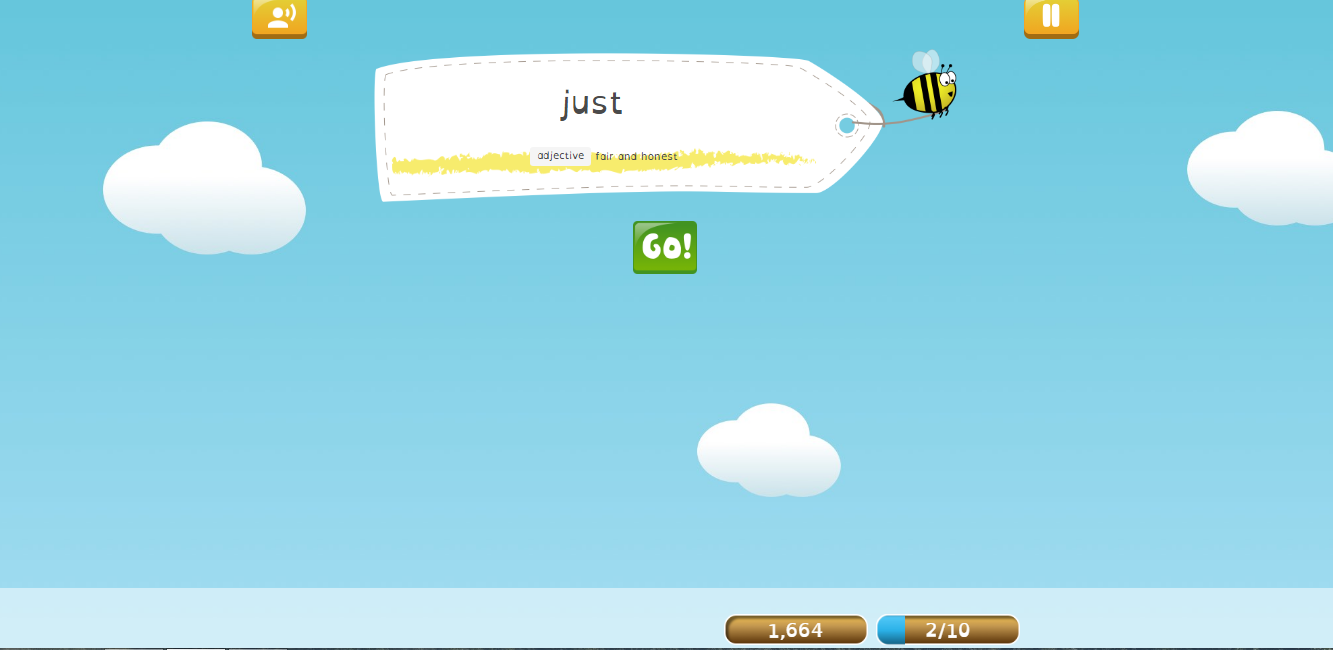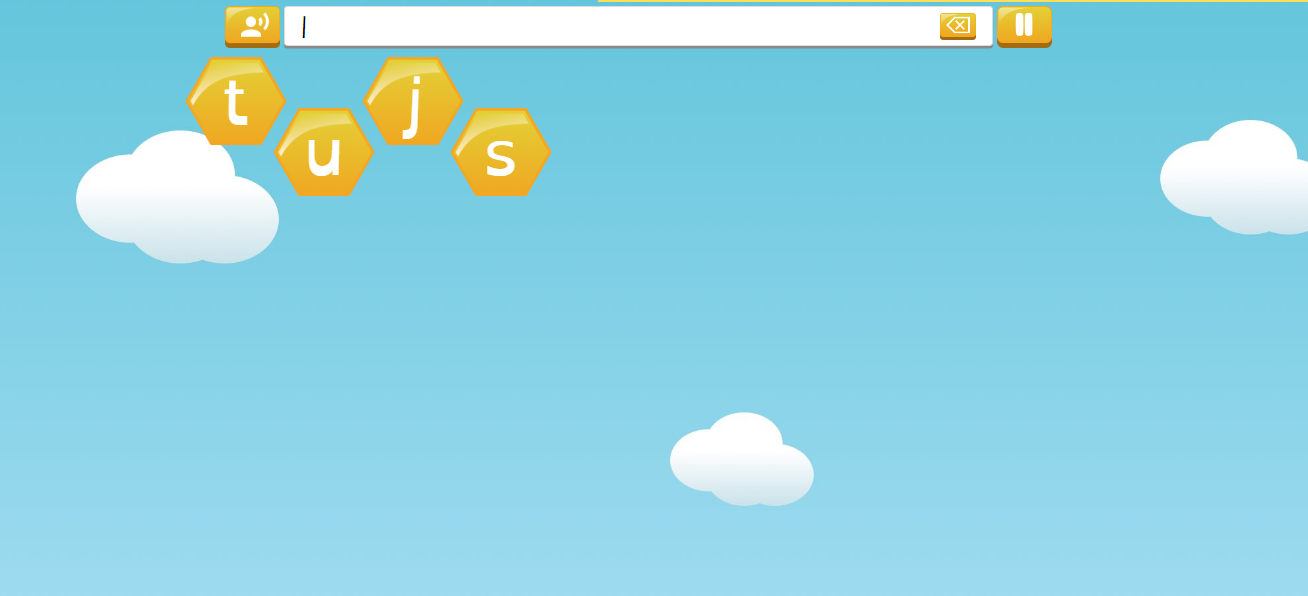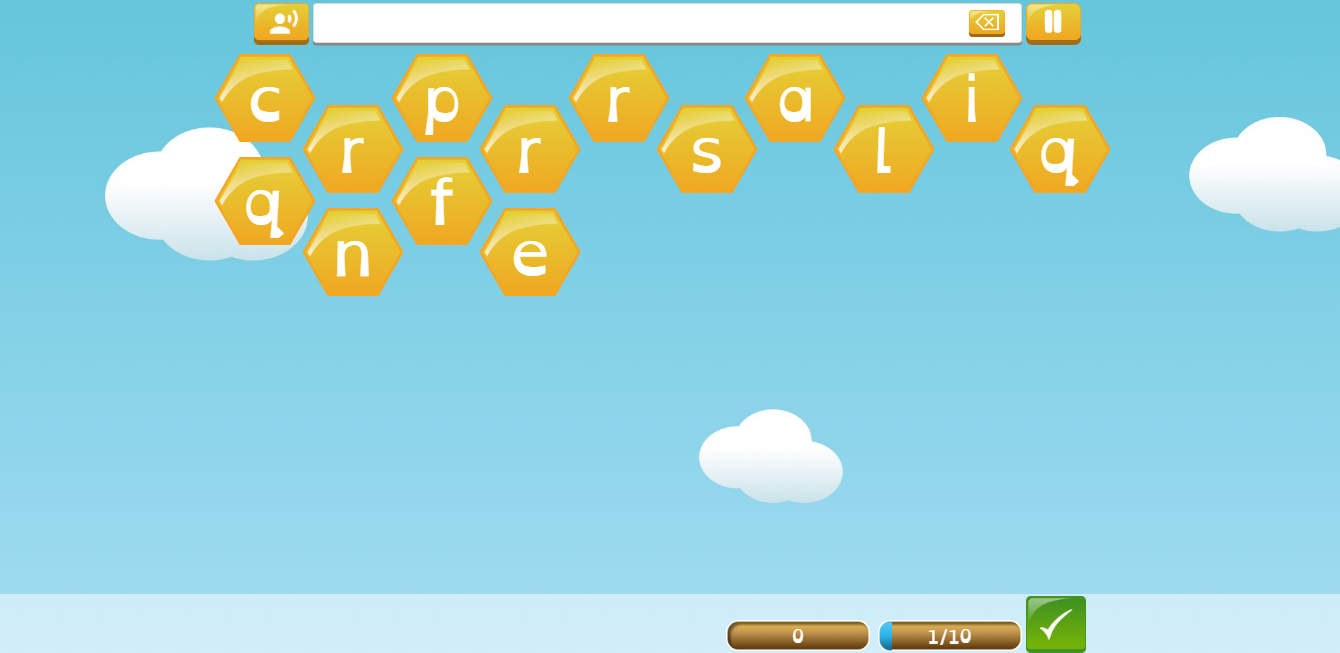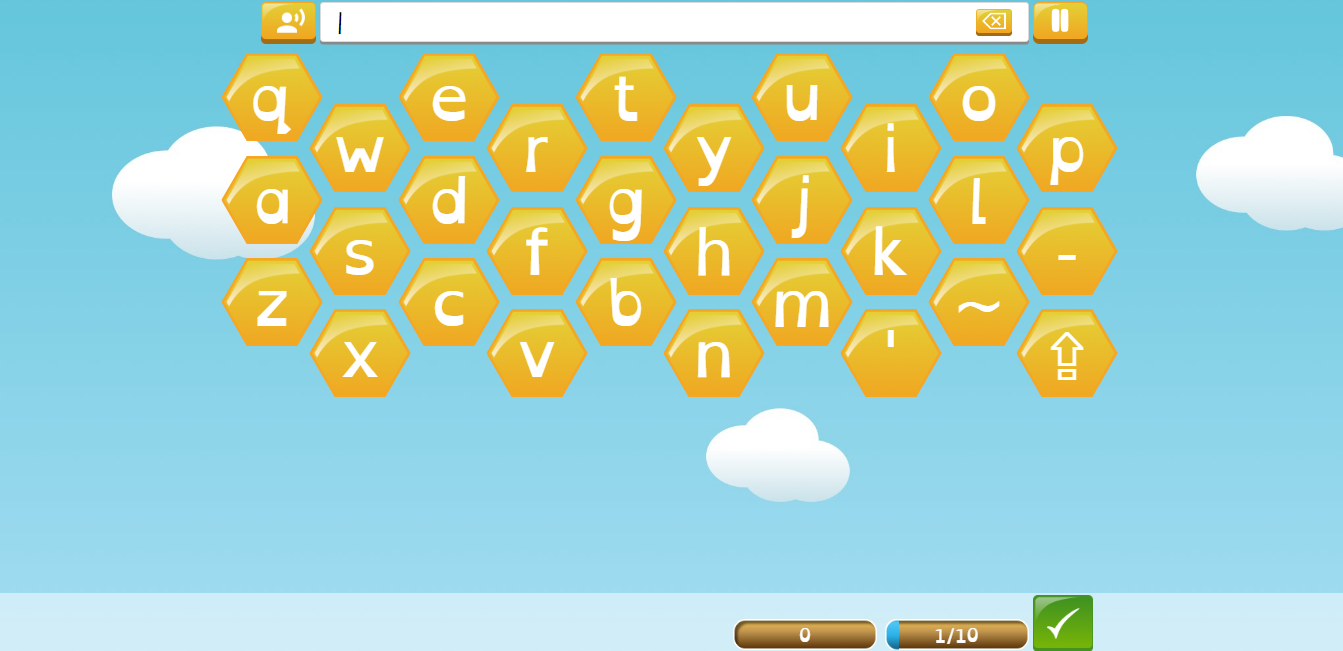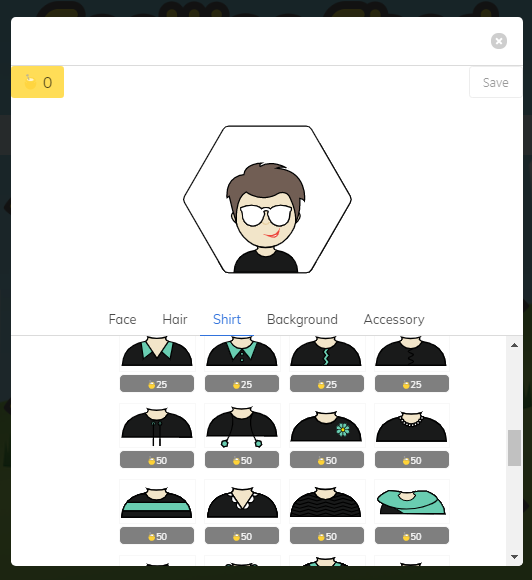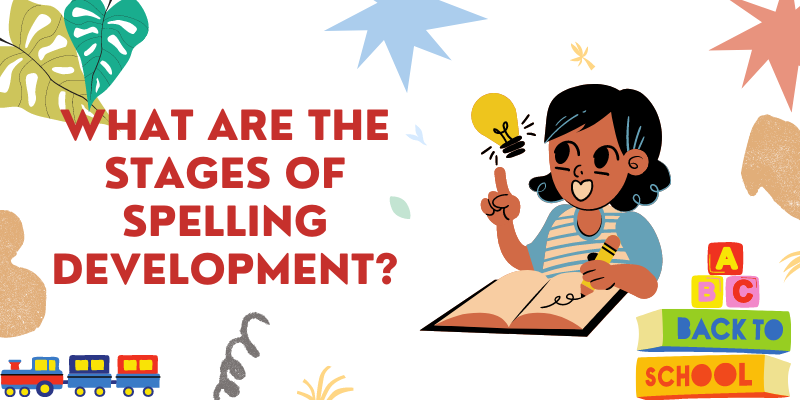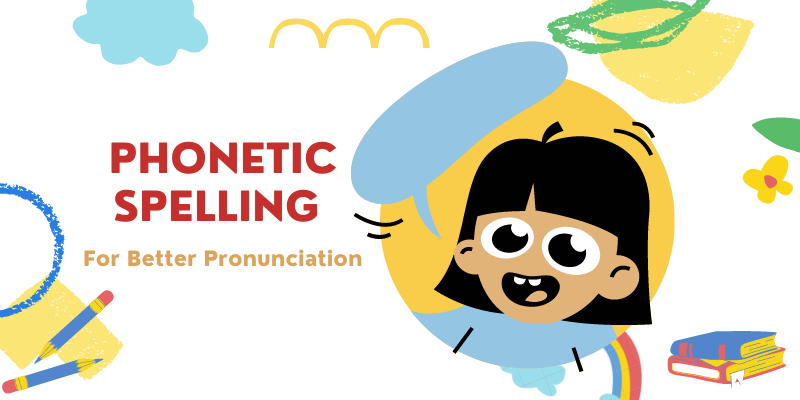There are numerous ways to teach a student how to spell properly but to ensure they are learning the strategies properly, you need to give them word lists they can practice. And that is where Spelling Schemes come!
As a parent or a teacher, you may have heard about different spelling schemes (or used one or two). Spelling schemes are beneficial for children as they include suitable word lists for students of every level according to the national curriculum. In this article, we will learn about different spelling schemes for primary schools that are known to be the best for the students.
There are various types of schemes you will find online. Some of these spelling schemes are available for free. Others have different subscription packages you can choose from. Several schemes offer a free trial period to let you see the features before you decide to purchase anything. You can easily find spelling schemes that include punctuation and grammar lessons also.
Free Spelling Schemes
Shakespeare and More Spelling Scheme
‘Shakespeare and more’ is a free spelling scheme suitable for years 1 to 6. The scheme includes 32 lists of spelling words that get progressively harder each year to match the student’s level. Though the lists can be used flexibly, it is important to know which list will be appropriate for which year. The alignment is given below:
|
Year |
Word List |
|
1 |
1 – 6 |
|
2 |
7 – 12 |
|
3 |
13 – 18 |
|
4 |
19 – 24 |
|
5 and 6 |
24 – 32 |
The lists for every year contain words from previous years along with the new ones. This way, teachers don’t need to worry about students forgetting words as they can revise the words they previously learned. You can rearrange the words of the lists according to the phonetic or any other approach your school follow.
Features
- Guide to words, sounds and rules covered by the schemes
- Worksheets
- 32-word lists
- Guide for teachers
Trusted Education Solutions (TES)
The TES website provides spelling schemes for primary schools that follow the 2014 National curriculum. It runs from the EYFS or Early Years Foundation Stage through to year 5, teaching students all the spelling rules and patterns. The year 6 curriculum mainly works as a revision to all the lessons learned before.
Features
- Guide to spelling rules and patterns
- Revision materials.
- Guide for teachers and parents
- Strategies to apply in the class
Commercial Spelling Schemes
Pathways to Spell by the Literacy Company
Winner of Teach Primary Awards 2021 and finalist of bett Awards 2021, the pathways to spell program is a progressive and comprehensive spelling scheme for students from year 1 to 6. Their research-based teaching sequence comprises lessons with hypothesizing and experimenting that follows the national curriculum.
Features
- 6 weeks of detailed planning
- 4 sessions a week.
- Additional lessons for personal development of students’ spelling skills.
- Customizable word lists and PowerPoint presentations.
- Fun spelling games and activities
- Spelling journals, handbooks etc.
Training
The literacy company provide staff training that is available offline and online with training modules available to download.
Pricing
The price of this spelling scheme is £445, but for the exiting pathways schools, they offer a discounted price of £395.
Schofield and Sims Spelling
The Schofield and Sims Spelling scheme includes books for 6 pupils and 2 for the teachers. It is suitable for students who understand the basic letter-sound relationship. They also teach word structures to help students understand the spelling patterns and correct their own spelling mistakes.
Features
- Extensive practice materials for students based on phonic knowledge
- Strategies for commonly misspelt or tricky words
- Materials for revision
- Regular transcription practices
Teachers guide
The guidebooks for teachers include a systematic approach for teaching the spelling patterns, rules and strategies to ensure the students are progressing in spelling. They also contain:
- Spelling resources to use in the class
- Recommended ways for explaining concepts
Pricing
The guidebook for teachers costs £8.00, and the resource book costs £8.00. The pupil book costs £3.50 each.
Introduce funny spelling jokes into your spelling schemes to help your students learn spelling in a fun way!
Read Write Inc. Spelling
The Read Write Inc. spelling scheme is designed by the Oxford University Press to teach students from year 2 to 6. They are known for their ‘15 minutes a day spelling sessions that cover all the spelling requirements of the 2014 National Curriculum.
Features
- Extra practice Zone:
This newly added feature includes more than 1000 activities for the whole class to practice. The activities cover the areas that are most commonly challenging to the students. They can also avail this facility at home. - Writing practices
- Comprehensive training designed by the Ruth Miskin Training.
Pricing
They have different spelling schemes with a variety of features. The scheme with printed resources costs £650. There are also practice book packs with a price from £4 to £160. The online subscriptions vary in prices that are given below:
|
Package |
Cost per year (£) |
|
Spelling scheme year 2 to 6 |
130.00+ VAT |
|
Spelling scheme year 3 and 4 |
60.00+ VAT |
|
Spelling scheme year 5 and 6 |
60.00+ VAT |
|
Spelling scheme year 2 |
35.00+ VAT |
Want to about spelling bee hacks? Check out our full guide on this topic right now!
Spellzoo Spelling Schemes
Designed by a former teacher who is also the creator of several award-winning spelling lists, this spelling program strictly follows the guidelines of the New Primary Curriculum for English (2014) to provide age-specific lessons for students. The program focuses on phonics and phonemic awareness of students, along with spelling patterns and rules.
Features
- Spelling booklets arranged by years and terms
- Aid to handwriting
- Word puzzles based on weekly spelling lists
- Quick quizzes on Grammatical terms and punctuations
- Mark sheets for each class
- Dictionary definitions of words to help students understand the word properly
- The resources are downloadable and can be photocopied
Spelling words sets
The Spellzoo Spelling Scheme is organized into spelling words sets on a weekly basis. The resources in the sets support 3 primary objectives of the scheme:
- Learning spellings using the ‘Look, say, cover, write and check’ method
- Word activities to expand the vocabulary range of the students
- Using dictation sentences to assess the progress
The spelling words include statuary spellings and patterns based on the national curriculum. The word activities can be used in class for group activities. You can also use them for homework. The dictation sentences include questions, commands etc., to help students understand the context. Though designed for spelling tests, these sentences can be used to teach proper punctuation in class.
Pricing
There are 3 packages for Primary, infant and junior schools. They charge for different materials separately so that you can choose what you need specifically instead of buying a package that might include unnecessary resources.
Spellzoo offers discounts for state primary schools that have less than 100 students.
How To Choose Proper Spelling Schemes?
Now that you have an idea about the available spelling schemes both online and offline, I hope you can choose programs suitable for your students. You can check their websites for detailed information on pricing and the latest available products. But before using these spelling schemes, some things need to be taken care of:
- Check if the spelling scheme offers customizable word lists so that you can rearrange them according to the school’s curriculum.
- You need to check if your pupils are comfortable with the methods used in those schemes and the pace they advance. You don’t want to put pressure on them to learn spellings quickly.
- Choose a flexible spelling scheme in case you have a student with learning difficulties such as dyslexia. You need to give them enough time to process the information they receive at once.
- Try to look for spelling schemes that offer a wide range of resources so that you can apply different approaches and enjoyable activities to teach spelling.
Final Thoughts
One more thing to remember is that just memorizing the spelling words is not enough; you need to assess it regularly to track your progress. With SpellQuiz Spelling Test, you can easily evaluate your progress. The test is divided into grades from 1 to 12 and over. You will hear a full sentence that is recorded by professional voice artists and spell every word. SpellQuiz also offers an Adaptive Spelling Program that let the students advance at their own pace. This way, they are never overwhelmed with too much information.
Competing in a Spelling Bee competition is a clever strategy as it gives you a sense of achievement and boosts your confidence. SpellQuiz Spelling Bee Online can help you with it. In this competition, students around the world compete against each other. No matter if you are a native speaker on an international ESL student, spelling bee online will help you show your potential to the world.
There is also SpellQuiz Vocabulary Test that will evaluate your skill level within just 10 minutes s that you have a clear idea about where to start from. They also offer printable word lists divided by levels, so you don’t need to look for suitable word lists for practice. And not just these, SpellQuiz has quizzes about word origins, commonly misspelt words and grammar too so that you can properly develop your language skill along with your spelling skill.
Happy Spelling!
